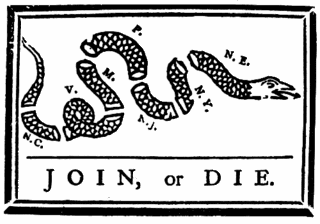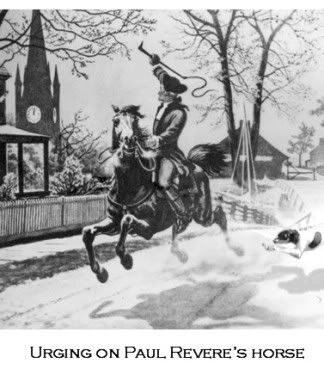
Of all the Founding Fathers, there is perhaps no more confusing character than John Adams. As one of his biographers put it, Adams was a man of "constant highs and lows," he was "plagued with a sense of inferiority" and "an iron will to achieve greatness." Adams "struggled with himself to achieve inner peace and public praise." He was a man who not only had an unconquerable ambition to achieve greatness, and the intellect to back it up, but also sought to cultivate personal humility. This inner battle between the ambitiously vocal Adams and the patiently reserved Adams has provided historians with a valuable insight into the mind of one of our most interesting Founders.
This inner battle within the psyche of John Adams was regularly brought to the service. It comes as no surprise that Adams had a difficult time keeping and making friends. As Joseph Ellis put it, "The only conversation Adams understood was an argument." Understandably, this caused Adams a great deal of stress and problems.
Despite the personal struggles within his own mind, John Adams's accomplishments are truly in a league of their own. Not only was he present for the signing of the Declaration of Independence and the Treaty of Paris, but also became the nation's first Vice-president. As we all know, he would later fill the presidential vacancy left by George Washington, becoming the second President of the United States.
With such an extensive resume, one would think that Adams's place in the pantheon of great Americans would be secure. For Adams, however, such achievements were clouded in a bleak fog of pessimism. Instead of achieving "greatness," Adams went to his grave believing that his role in the revolution would be completely shrouded by the accomplishments of Washington, Franklin and Jefferson. Essentially, Adams would be remembered for the "dirty work" that needed to be done, but brought little recognition. For example, his defense of British soldiers for their "crimes" committed during the Boston Massacre earned him many skeptics. During the Continental Congress, Adams felt that his voice had been overshadowed by the Southern delegates. Later in the second Congress, Adams was assigned (along with Benjamin Franklin) to a committee with the task of drafting the official document of independence. Believing the assignment was to be a side note in history, Adams refused the task of authoring the document. By default, the assignment fell to the youngest member of the committee, Thomas Jefferson. As we all know, Jefferson's name is now synonymous with independence, while Adams is less than an afterthought.
Adams's presidency is another example of his "dirty work." As the successor to George Washington (a figure that was larger than life), Adams was faced with an impossible chore. How did one follow in the shoes of the 6'4" General that secured America's independence? Adams's entire presidency was plagued with such inadequacies. The constant comparisons to Washington, coupled with the growing political factionalism in the nation, left Adams looking like a deer in the headlights. In 1800, Adams would yet again play second fiddle to Thomas Jefferson, losing his bid for a second term.
The plague of being called to do America's "dirty work" seems to be a constant theme throughout the life of John Adams. Though pessimistic about his ultimate place in history, John Adams has been remembered today as the man who did what others could not (or were too afraid to try). Washington, Jefferson and Franklin may have their faces on currency, and be remembered as the "big three" of the revolution, but they can never lay claim to the "dirty work" of the revolution. That distinction rests exclusively with one man.




